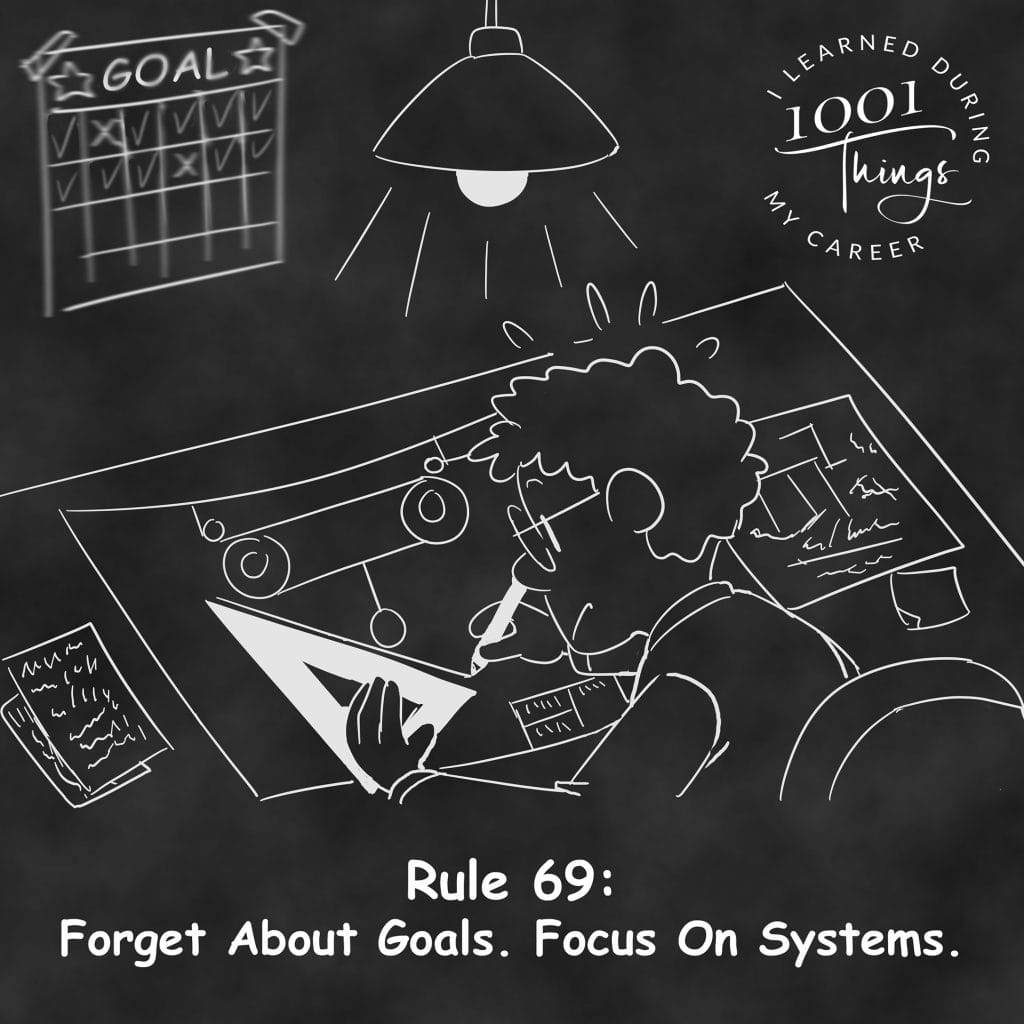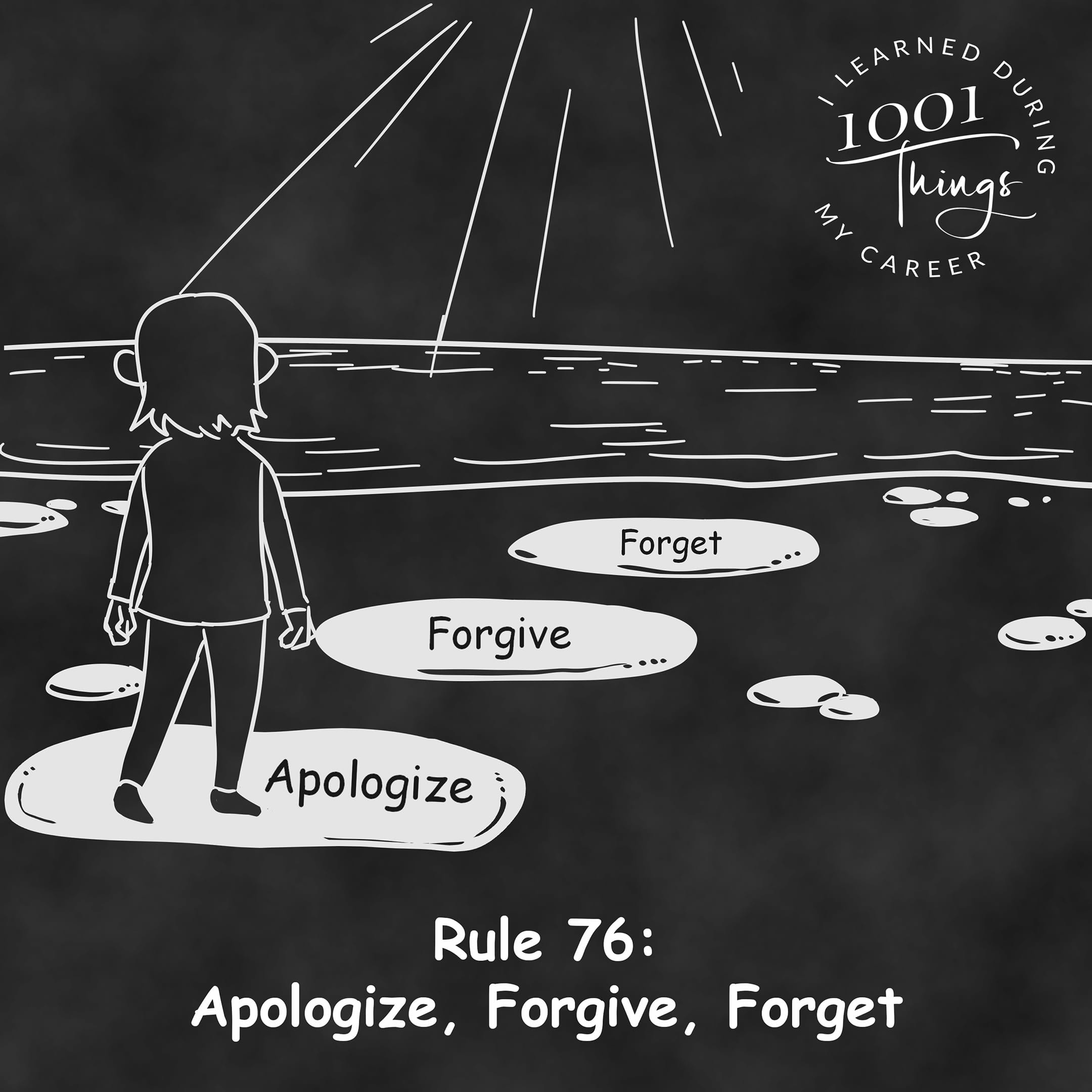Have you ever set a big goal, only to lose steam before reaching it? Many people believe that setting ambitious goals is the key to success. But in my view, goals are often overrated and are usually just the logical result of effective systems that work well. Focusing too much on the end goal can even be counterproductive if it leads you to chase outcomes instead of building the processes that make success sustainable. When you shift your focus from the destination to the journey – developing the systems and habits that keep you moving forward – you’ll find that goals often take care of themselves.
In 1928, Alexander Fleming didn’t start with the goal of discovering a revolutionary antibiotic; he was simply studying bacteria. His methodical approach in the lab allowed him to notice something unusual when a mold, later identified as Penicillium notatum, accidentally contaminated his bacterial cultures. Rather than discarding the experiment, his systematic observation led to the discovery of penicillin, the world’s first antibiotic. His discovery transformed medicine and ultimately saved millions of lives.
And consider Slack, one of the world’s leading workplace messaging platforms, which wasn’t initially developed as a primary product. Stewart Butterfield’s team was working on an online game called Glitch. In the process, they created an internal communication tool to improve their teamwork. Though the game failed, the messaging system they had built became invaluable. Recognizing this potential, they pivoted to focus on it, and Slack was born.
Or think about fitness: setting a goal like “lose 20 pounds” sounds motivating, but the goal itself won’t make a difference without the right systems. Creating consistent routines – planning nutritious meals, working out regularly, and tracking progress – is what leads to sustainable weight loss. The person who embraces these habits daily is far more likely to reach their fitness goals than someone focused solely on the number on the scale.
This rule highlights the power of processes and systems over static goals as they offer a structure that can be built on, refined, and repeated, allowing for consistent progress over time. When you prioritize processes, you create a foundation that enables momentum and flexibility, with sustainable and reliable results. Rather than fixating on the finish line, focus on the journey, and let the goals fall naturally into place as a result.





